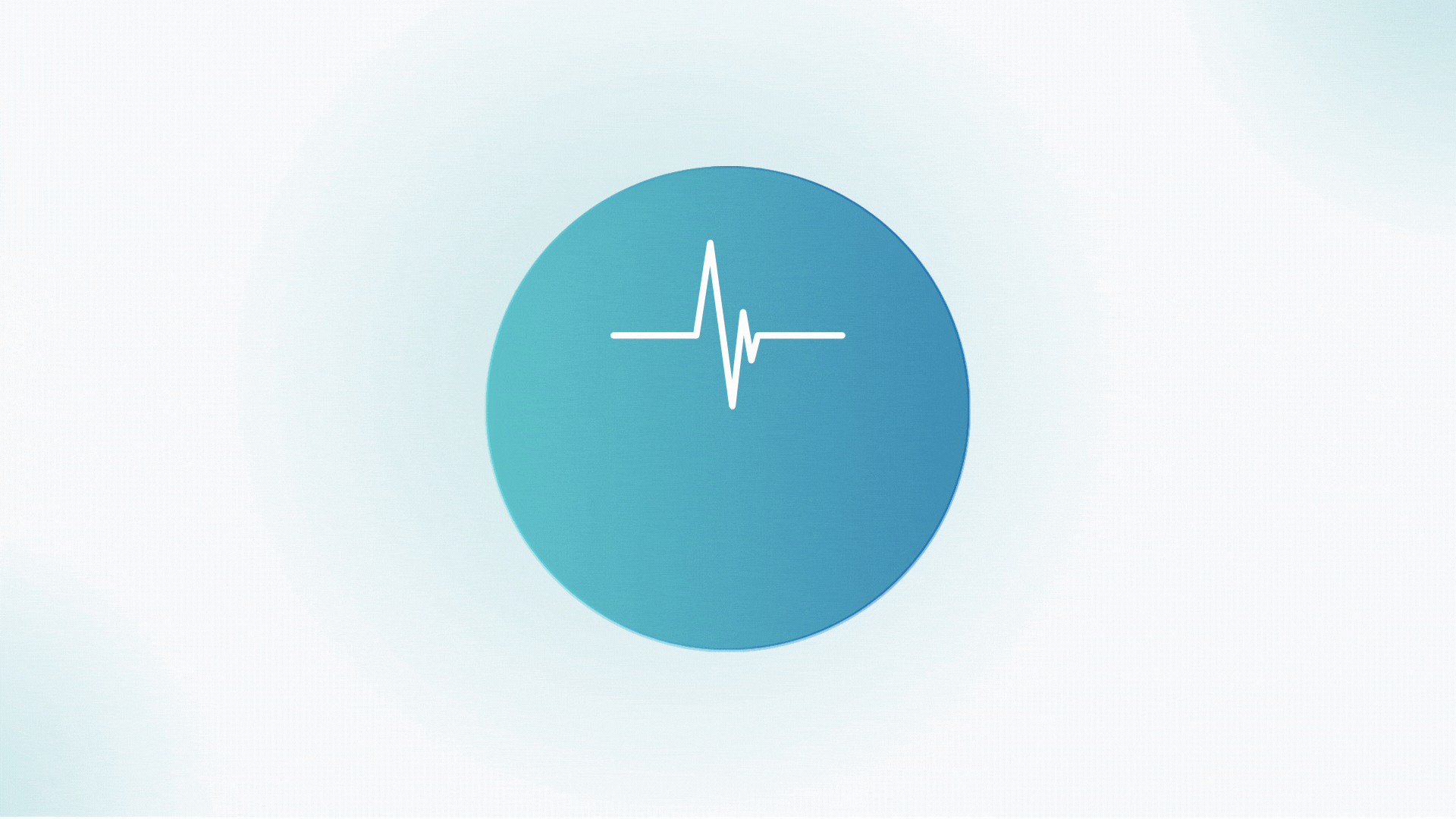
From DEI to PBJ:
Beyond Buzzwords to Actual Change
A new approach to building more power-conscious, collaborative, and just organizations

A Paradigm Shift
Power, Belonging, & Justice (PBJ) is a market-disrupting framework designed to transform traditional approaches to organizational health and functionality by focusing on the foundational forces of Power, Belonging, and Justice. While Diversity, Equity, and Inclusion (DEI) initiatives organize around representation and participation, PBJ goes deeper—shifting the focus from identity-based interventions to instead center the structural dynamics that shape identities’ relevance in the workplace.
At its core, PBJ is both a vision and a tool for creating environments where power is intentionally structured and responsibly exercised; fostering a culture where individuals are not just members but stewards who feel safe to assert their agency and collaborate from a place of genuine belonging; and establishing responsive, adaptive processes that address past issues, handle current complexities, and preempt future challenges. It emphasizes a commitment to fairness, ongoing accountability, and structures that evolve to meet the needs of a dynamic workplace. Rather than simply asking who’s at the table, PBJ examines how decisions are made, who holds influence, and whether structures enable agency, risk-taking, and collaboration from all places at the table.

Why PBJ? & Why Now?
DEI has a problem
DEI is under attack, and the cracks in its foundation are showing. Once a rallying cry for equity, DEI (Diversity, Equity, and Inclusion) initiatives are now facing unprecedented levels of skepticism and backlash. While the principles of fairness and representation remain essential, DEI has reached a tipping point, exposing three core weaknesses that are driving the need for a new approach:
Expertise Gaps
As organizations cut back on DEI roles due to cost and political risk, the nuanced insights that trained professionals bring are vanishing. This gap leaves companies with less effective tools, reinforcing the need for a framework that embeds professional expertise into accessible, actionable solutions.
Superficial Impacts
Traditional DEI initiatives prioritize representation and inclusion, which, while important, only scratch the surface of systemic change. By focusing primarily on “who’s at the table” instead of “how the table is set,” DEI often misses the deeper mechanisms—such as power structures and governance—that drive long-term transformation.
Political Attack
DEI is increasingly under fire, facing resistance in corporate spaces due to political pressures and doubts about its efficacy. This backlash threatens DEI’s longevity and impact, and organizations are left searching for approaches that are both effective and resilient.

PBJ is the answer
PBJ is the evolved framework giving us a new way to talk about and approach issues that matter for the health and productivity of workplaces and society. By focusing on Power, Belonging, and Justice, PBJ provides a structurally attuned, actionable approach that doesn’t just identify symptoms—it diagnoses problems. With PBJ you gain a clear lens into foundational dynamics and a robust, nuanced approach for how to address them. Sidestepping DEI’s limitations, political risks, and vulnerabilities, PBJ centers change around structure and process rather than only identity or representation. PBJ puts people in context.

How control and decision-making are structured, agency is enabled, and influence is exercised across the organization. Beyond superficial empowerment, a power-conscious organization examines who holds influence, how decisions are made, and if structures and processes support the most efficient and balanced exercise of power. This focus reveals hidden dynamics from boardroom decisions to daily interactions, fostering clarity, accountability, and equitable outcomes, while maximizing potential, minimizing bottlenecks, and driving resilient, efficient operations.
Power
Belonging
Foundational force that enables each member to actualize their agency and contribute meaningfully. It moves beyond traditional DEI's focus on inclusion, fostering environments where individuals feel integral to the organization’s mission. True belonging empowers people as stewards and co-creators, allowing them to assert perspectives, take risks, and collaborate toward shared goals. In PBJ, belonging isn’t just a “feel-good” factor—it’s a structural necessity that drives creativity, resilience, and collective commitment, essential for organizations to function and thrive through complex, dynamic environments.
Justice
Justice within PBJ is about creating responsive, adaptive systems that address past inequities, manage current complexities, and anticipate future needs. Unlike typical “social justice” frameworks, PBJ’s approach to justice emphasizes practical organizational needs: balancing multiple perspectives, ensuring accountability, and building structures that prevent reinforcing existing inequalities. Justice means establishing mechanisms for recalibration and course correction, allowing power to be exercised in principled, efficient ways. This pillar fosters a culture of repair, ensuring that when issues arise, there are processes to address them effectively. Organizations grounded in justice are resilient and adaptable, benefiting from processes that support clarity, and sustainable, yet meteoric, growth.

PBJ for your Organization
PBJ represents a new approach to workplace culture that puts people in context — assessing not just people, but power, and process. Designed by experts in DEI and Organizational science, PBJ brings the sophistication and insight of seasoned professionals into an accessible, AI-driven platform. Through PowerPulse, PBJ is embedded in each diagnostic question and analysis, offering insights that go beyond surface-level. Our AI analyzes organizational dimensions—like culture & governance—and pinpoints how they interact with PBJ pillars, helping leaders address root causes. This dual dimensionality transforms insights into structural interventions that drive measurable change, and build healthier, more resilient organizations.









